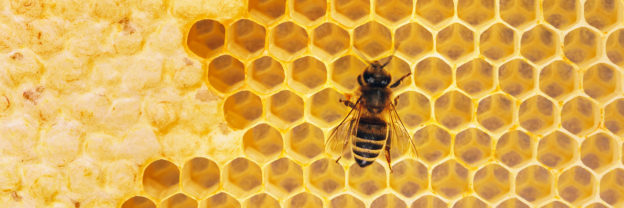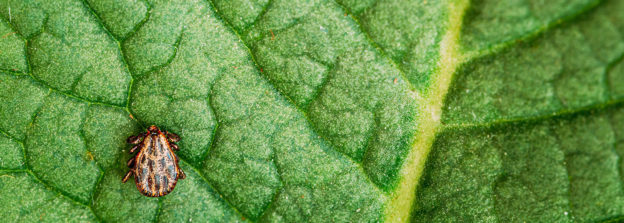Mosquitoes have plagued the earth for a very long time and have been around since at least the Jurrasic period, about 210 million years ago. Just like in the movie Jurassic Park, they have been found in fossilized amber, although no one has successfully used them to clone dinosaur DNA — yet. Of the 2,700 different known species of mosquito on the planet, approximately 150 varieties call the United States home today and the country has a rich history of trying to control these pesky insects.
Mosquitoes have been known to cause diseases for centuries. Ancient mosquitoes appear to have carried diseases affecting humans, dogs, and horses, causing sickness and death. In America, one of the first recorded cases of mosquito-borne illness was a case of yellow fever in New York in 1668. Nearly 130 years later, a major epidemic of the disease occurred in Philadelphia in which thousands died and New Orleans faced several outbreaks from the mid-1800s to early 1900s.
Yellow fever hasn’t been the only disease to rock the American south. Cases of dengue fever were recorded along the Gulf Coast from Texas to Florida in 1922, becoming one of the more serious mosquito-borne viruses of the Americas, Asia, and Africa. Dengue fever continues to be a problem in the US with outbreaks being reported in Hawaii in 2015, Florida in 2013 & 2020, and is common in the US territories of Puerto Rico, Guam, and American Samoa.
St. Louis Encephalitis, a mosquito-carried disease that can be transmitted from birds to humans, has also caused outbreaks of illness from Michigan to Florida to California. Florida has historically been hit very hard by this disease with epidemics in 1959, 1961, 1962, 1977, and 1990. While infections have slowed in more recent years, many states have seen a handful of cases in the last 10 years.
One of the more recent diseases to make its way to America, and Michigan in particular, is Eastern Equine Encephalitis. First identified in Massachusetts in 1933, there were over 36,000 human cases, including 1,500 fatalities in the 15 years from 1999-2014. West Nile has also made its way to the USA with cases having been reported in all 48 contiguous states as of 2006. Zika, a new mosquito-carried disease that causes a variety of issues, especially for pregnant women, has wreaked havoc on tropical areas in recent years.
The American response to mosquitoes was forever changed with the invention and sale of DEET. Invented by Samuel Gertler of the US Department of Agriculture for the US Army for use by military personnel in insect-infested areas. Gertler received the patent in 1946, however DEET was not registered for use by the general public until 1957. Unfortunately, the use of DEET is not without concerns as it can cause skin irritation and even melt through plastic in high concentrations.
Mosquitoes have caused problems for Americans throughout the history of the country and preventative measures remain the best way to avoid future issues. That’s why Mosquito One is here to help. Our mosquito eradication specialists can treat your yard and other outdoor areas, allowing you to get the most enjoyment out of your property and eliminating mosquitoes. Sign up now!












